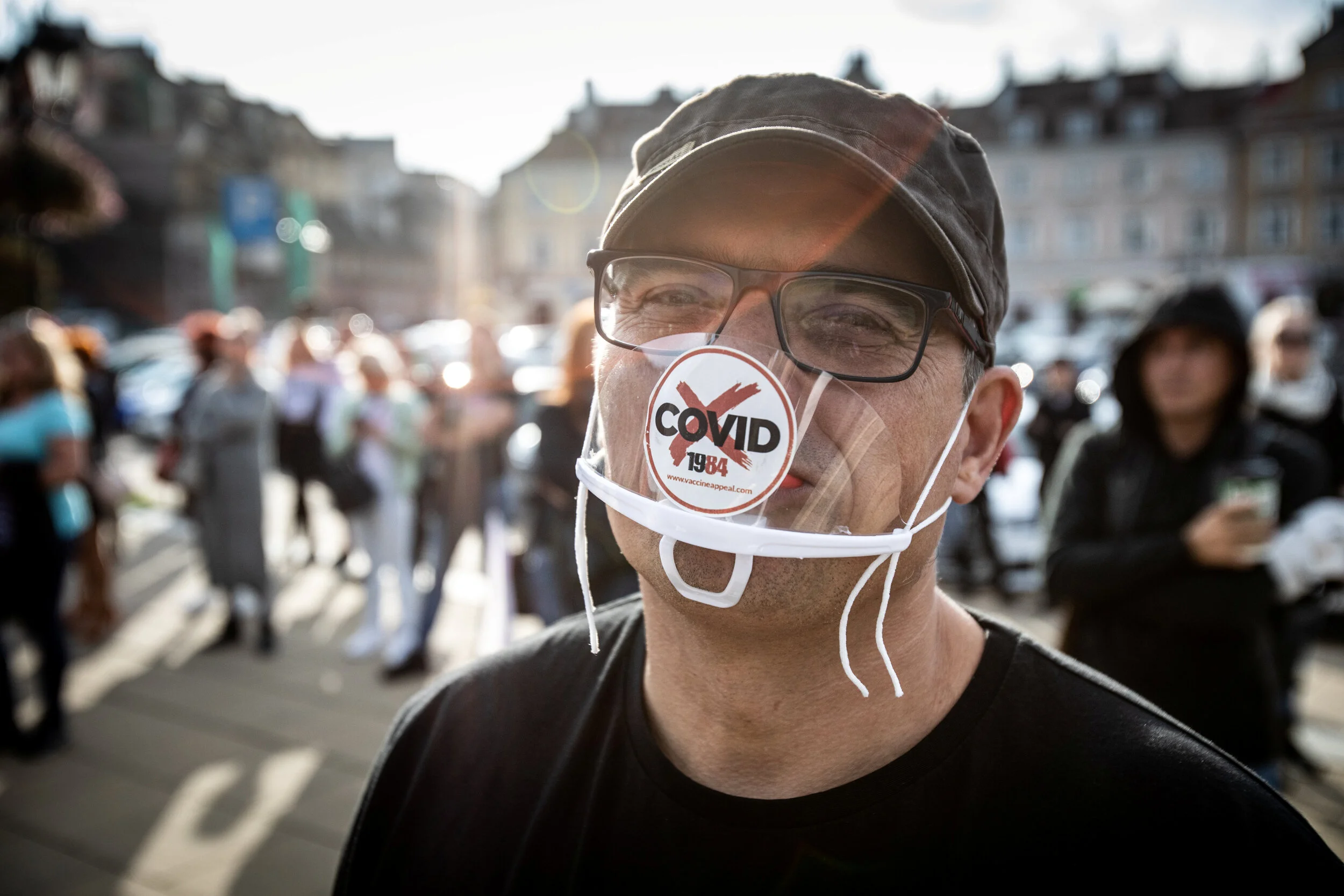Your Free Speech is Not a Public Health Risk
Many televised pandemic-era protests have featured maskless people with guns. But on May 3, there was a small peaceful demonstration in New York: About ten people from queer activist group Reclaim Pride, wearing masks and observing social distancing rules, protested outside Mount Sinai Beth Israel Medical Center against an affiliated organization that they consider homophobic.
Police broke up the protest and issued summonses, but this didn’t pass muster with the group’s attorney, First Amendment lawyer Norman Siegel. He’s a well-known figure in New York, having headed the New York Civil Liberties Union (NYCLU) for 15 years. He also ran three times for NYC public advocate. I spoke to Siegal last week about the clash between free speech and lockdown orders, and how to protect civil rights in the era of COVID-19.
Here are a few takeaways.
What are my rights during a pandemic?
Your First Amendment rights, notes Siegel, must always meet the “reasonable time, place and manner” standard. The government may also restrict your rights for the sake of public health. But enforcement must be “content neutral,” meaning the government cannot simply ban speech because of its message. (Siegel further detailed in this op-ed the criteria for restrictions on free speech.)
So the government can restrict my rights for public health. Does that mean that busting up the occasional protest is OK right now?
Not in this case. In New York, the governor and mayor banned gatherings of any size for any non-essential reason. The police commissioner interpreted this to mean a ban on protest, thus breaking up the Reclaim Pride demonstration. Just last week, the governor modified his order to exempt non-essential socially distanced gatherings of no more than 10 people for religious purposes or to honor veterans on Memorial Day weekend. Allowing only patriotic or religious gatherings, says Siegel, is hardly content neutral. Only in response to an ACLU lawsuit did the governor amend his order, just before the holiday weekend, to allow limited gatherings for any reason.
The content of the bans made no sense to begin with, says Siegel. The premise, says Siegel, “is you’re encouraging people to wear masks and stay 6 feet apart. If we have people standing in line to go into a shop, and then they pick up a sign and they start to make a speech about public concerns, how can holding the sign make the person subject to arrest?” The government is, in essence, “making the case that speech is a public health risk.”
It sounds like that presents a real double standard.
“Historically, who are peaceful political protests targeting? Either government policy or officials,” says Siegel. It’s not surprising, he says, that protecting protest is not at the top of elected officials’ agendas.
OK, so say someone wants to demonstrate for a rent freeze. How should they do it?
Numbers: “If there’s a model that is based on face masks and social distancing 6 feet apart, it shouldn’t matter how many people you have,” says Siegel. Ten is an arbitrary number and, he believes, unconstitutional.
Optics: “In California, there was a group of homeless people who did a press conference holding ropes that were 6 feet long. The optics were very good because it was very clear that everyone was 6 feet apart.”
Documentation: Have monitors who film your protest. “Say you had an 18-minute video, three times you hear the monitors saying ‘6 feet apart, 6 feet apart,’” says Siegel. “If the police came and arrested people, I could take that video to court and say not only were they distancing, but they had a plan in place to make sure people were 6 feet apart.”
Is this a slippery slope, rolling back rights under the cover of COVID?
If the mayor of this city – the largest in America – is willing to declare free speech a non-essential activity, it’s easy to imagine this spreading throughout the country. “You’ve got to take that on … not only during the pandemic but during the Trump era,” he says. “We don’t lose our rights and liberties with a bang over night. Usually, day by day [they atrophy], and you wake up one morning without the rights you had. You can’t give the governor and mayor an inch when they want to take away your rights.”

